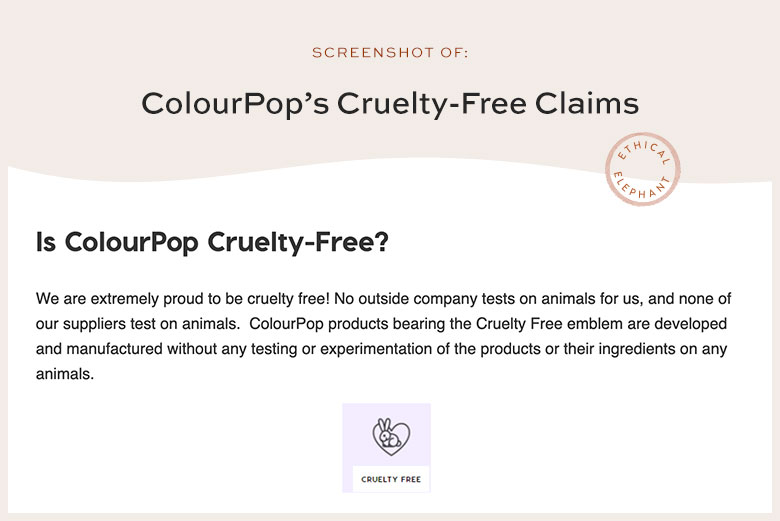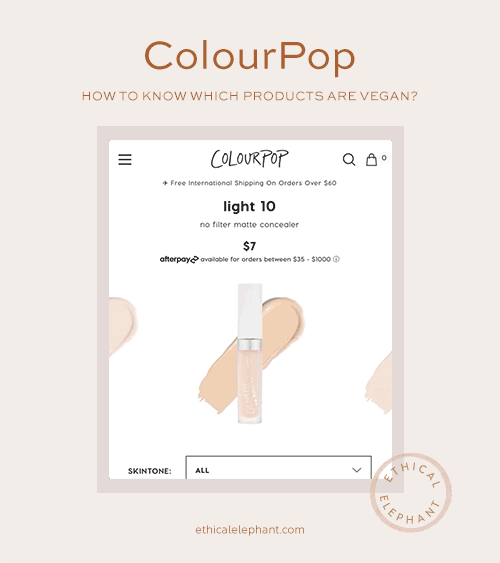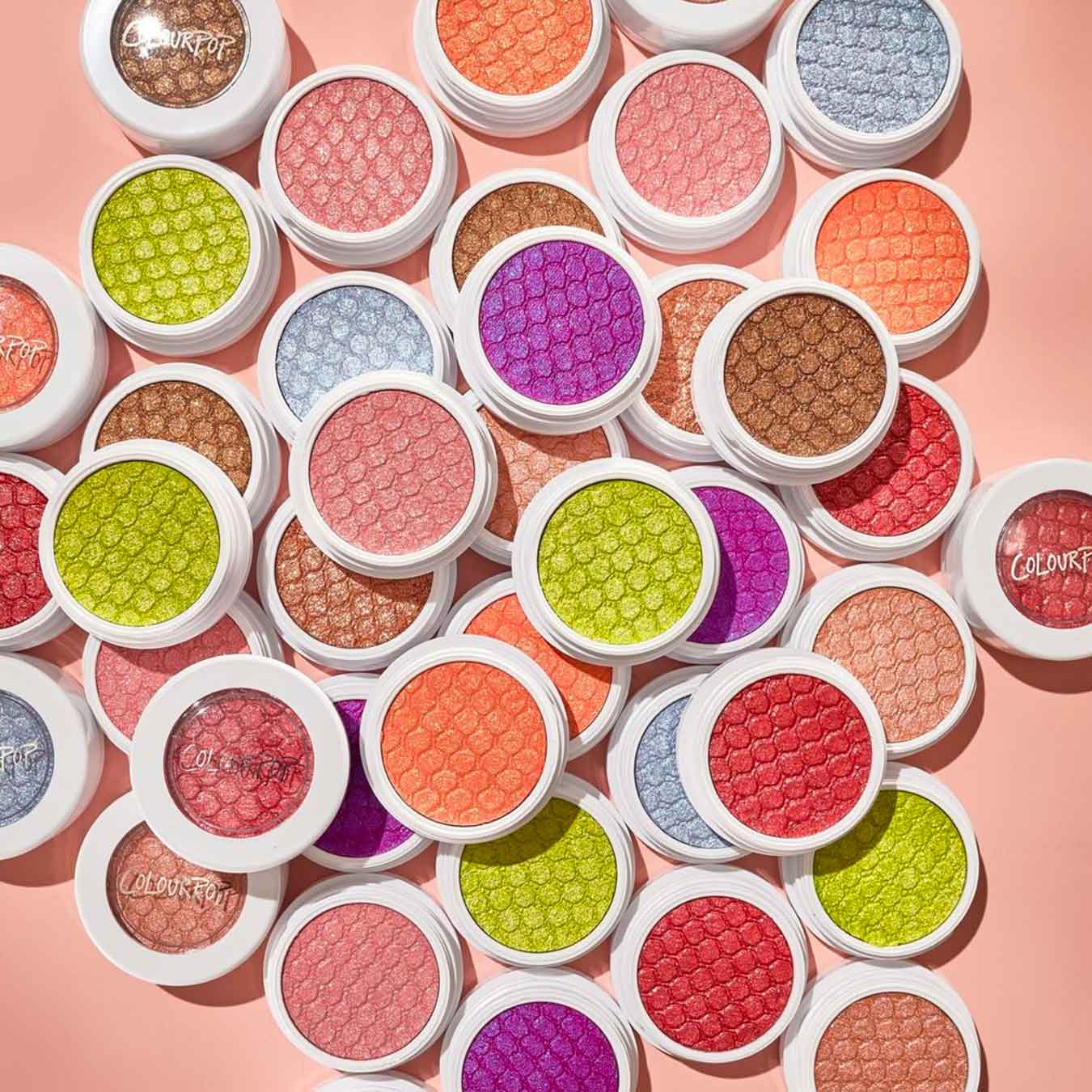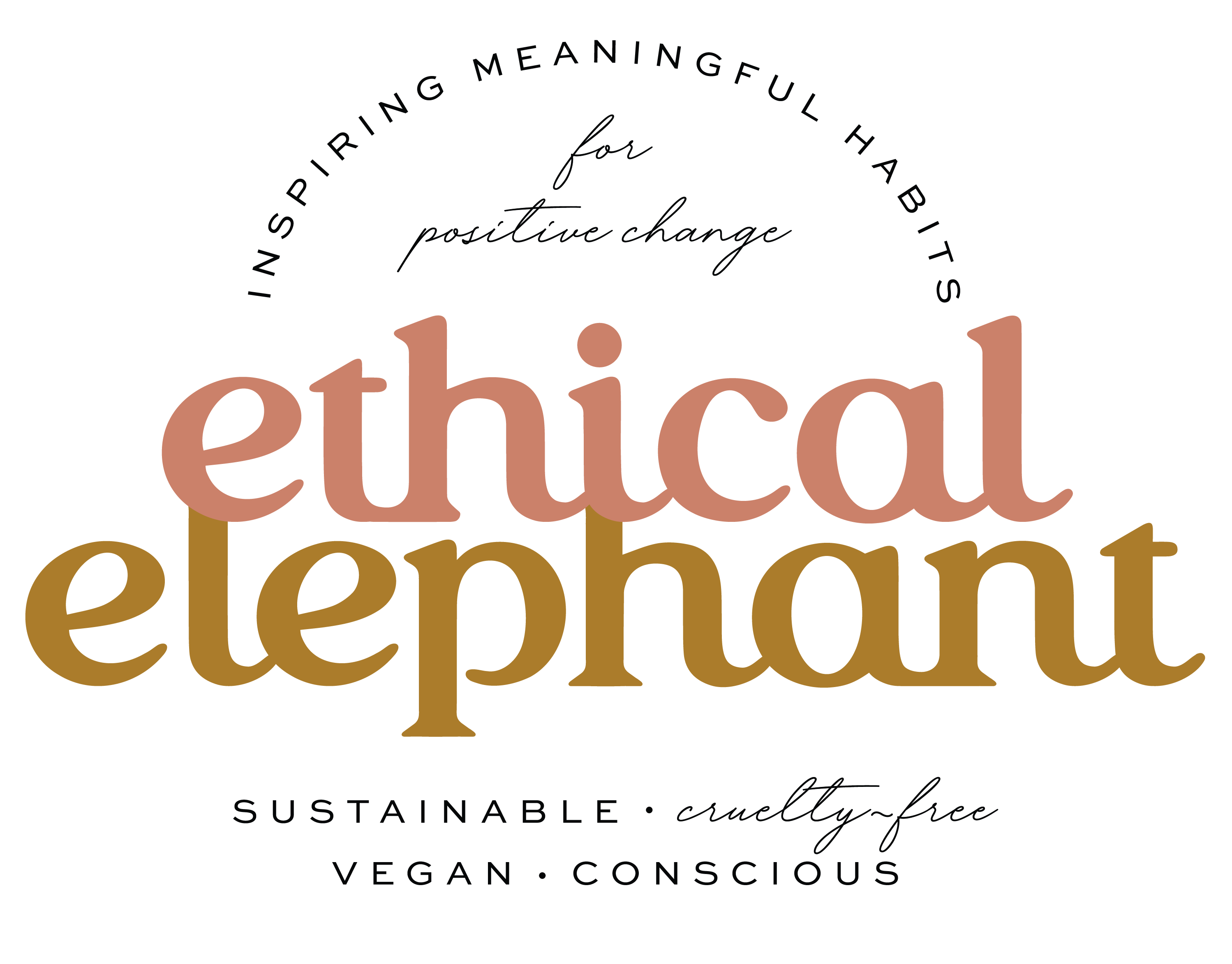This post may contain affiliate links that at no additional cost to you, I may earn a small commission.
Is ColourPop Cruelty-Free?
🐰 ColourPop is a cruelty-free brand. None of ColourPop’s ingredients or products are tested on animals. ColourPop has met all the criteria in our Cruelty-Free Checklist and is included in our Cruelty-Free Directory.
Does ColourPop Test on Animals?
When asking, does ColourPop test on animals? We must look beyond to ensure none of ColourPop’s ingredients or suppliers test on animals. And they don’t sell in any country or under conditions that may require animal testing by law.
In our research, we discovered the following:
- ✓ ColourPop confirmed they do not test their products or ingredients on animals or ask others to test on their behalf.
- ✓ ColourPop confirmed all their ingredient suppliers do not test on animals
- ✓ ColourPop confirmed they do not allow or sell their products under conditions where animal testing is required by law
By meeting all of our Cruelty-Free Criteria, ColourPop is a truly cruelty-free brand by our standards.
What is ColourPop’s Animal Testing Policy?
Below is a screenshot of what’s currently stated on ColourPop’s website about its animal testing policy:

What About China’s Animal Testing Laws?
ColourPop has confirmed they do not sell their products in retail stores in mainland China; therefore, they are not required to test on animals.
With the current changes to China’s animal testing laws, some cosmetics sold in China can be exempt from animal testing under certain conditions. However, without meeting those conditions, animal testing is still legally required for most cosmetics sold in China in 2023.
Is ColourPop Certified Cruelty-Free?
ColourPop is certified cruelty-free by PETA, but not Leaping Bunny certified.
Cruelty-Free Policies 2023
Just because a brand claims it is ‘Cruelty-Free,’ doesn’t always mean that’s the case.
That’s because there is no legal definition for the label ‘Cruelty-Free.’ It can mean different things to different people. But Cruelty-Free is generally used to imply no animal testing. More specifically, the ingredients, formulation, or finished product are not tested on animals at any stage of product development.
At ethical elephant, we always assess a company’s cruelty-free policy using our Cruelty-Free Checklist. This ensures no animal testing was performed by the brand itself, its suppliers, or any third parties.
How We Assess Cruelty-Free Policies
Since 2015, the start of my blog, I’ve been emailing companies asking about their animal testing policies and cruelty-free commitments.
And based on the responses I receive from companies, I’ll research to find any supporting facts needed before concluding whether the brand should be classified as “Cruelty-Free,” “Animal-Tested,” or “Grey Area – Unclear Policies.”
☕️ Every week, I continue to reach out to new brands while trying my best to keep current brands updated. If you found any of my posts or guides helpful, consider Buying Me A Coffee! I would greatly appreciate it! ❤️
What about Vegan?
Just because something is called Cruelty-Free, doesn’t always mean it’s Vegan. And vice versa.
Cruelty-Free only refers to no animal testing, while Vegan means formulated without animal products.
Some brands are Cruelty-Free, but not Vegan.
And some are Vegan, but not Cruelty-Free.
Another important distinction to know is, Vegan in cosmetics can refer to an entire brand is 100% Vegan or a specific product is Vegan.
Is ColourPop Vegan?
⭐️ ColourPop is NOT an entirely vegan brand. But ColourPop offers some vegan options that are free of animal products.
How to know which of ColourPop’s products are vegan?
All of ColourPop’s vegan products are clearly marked on their website.

Where to buy ColourPop? Check out colourpop.com or at Ulta!
Vegan Policies
Similar to ‘Cruelty-Free,’ there is no standard or legal definition for the label ‘Vegan.’ But it usually means no animal-derived ingredients or animal by-products.
Some common animal products used in cosmetics include carmine, lanolin, snail mucus, beeswax, honey, pearl or silk-derived ingredients, animal-based glycerin, keratin, and squalene.
There are plant-based and synthetic alternatives to animal-derived ingredients. But it’s sometimes difficult to know with certainty whether a product is vegan just by reading the ingredient list.
So it’s best to ask the company and manufacturers to ensure the ingredients they’ve chosen to use were from non-animal sources.
Ethical Mica Mining Policy
Mica is a mineral used in cosmetics to add a shimmery effect. But the mining of natural mica has been linked to child labor and human rights violations.
Unless the company discloses its mica mining policy, we have no way of knowing whether its mica is ethically sourced without child or forced labor.
So I asked ColourPop if their mica is ethically sourced without the use of child labor and they responded by stating,
“Thank you for reaching out! Mica in our products is sourced from the U.S., Japan, and Europe.”
ColourPop did not specifically address how they audit or trace to ensure no child labor was involved in mining their mica.
I hope this article helped you to understand ColourPop’s cruelty-free and vegan status and by choosing cruelty-free together, we can help end animal testing for cosmetics once and for all!
If you found this helpful, consider Buying Me a Coffee. So that I can continue to keep this site running and updated.







